
The Hollywood Sign, circa 1924. Courtesy Margaret Herrick Library
About the Exhibition
Hollywoodland: Jewish Founders and the Making of a Movie Capital, presented in English and Spanish, tells the origin story of filmmaking in early 20th-century Los Angeles, spotlighting the impact of the predominately Jewish filmmakers whose establishment of the American film studio system transformed Los Angeles into a global epicenter of cinema.
This immersive gallery conveys the evolving topography of Los Angeles along the timeline of the developing movie industry, encouraging further exploration of the city’s landmarks. The exhibition spotlights the Jewish founders of the Hollywood studio system, foregrounding the ways in which the birth of the American film industry—and the depiction of the American Dream—is at its heart an immigrant story. By exploring the origins of major studios as well as independent film production in Los Angeles, the exhibition conveys impactful stories of ingenuity and offers a deeper understanding of motion picture history.
Hollywoodland is curated by Associate Curator Dara Jaffe with support from Research Assistant Josue Lopez and is the Academy Museum’s first permanent exhibition. Author and film critic Neal Gabler has served as an advisor since the development of the exhibition.
Post Exhibition Opening Advisory Group: Ivy Barsky, Capital Jewish Museum; Beth Kean, Holocaust Museum, LA; Annie Polland, Tenement Museum; Aviva Rosenthal, Museum Executive; Jill Savitt, National Center for Civil and Human Rights; and Shari Werb, Library of Congress.
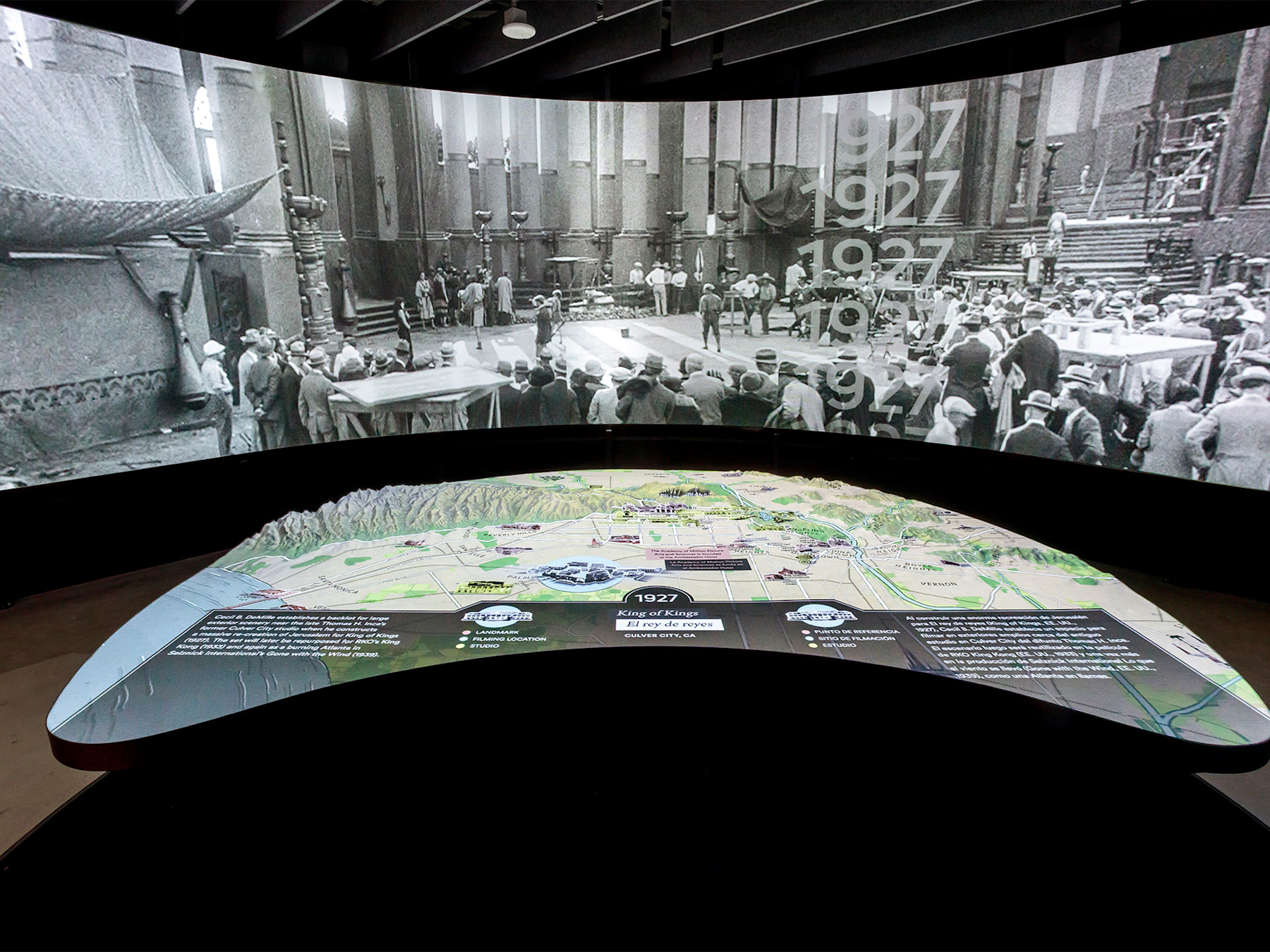
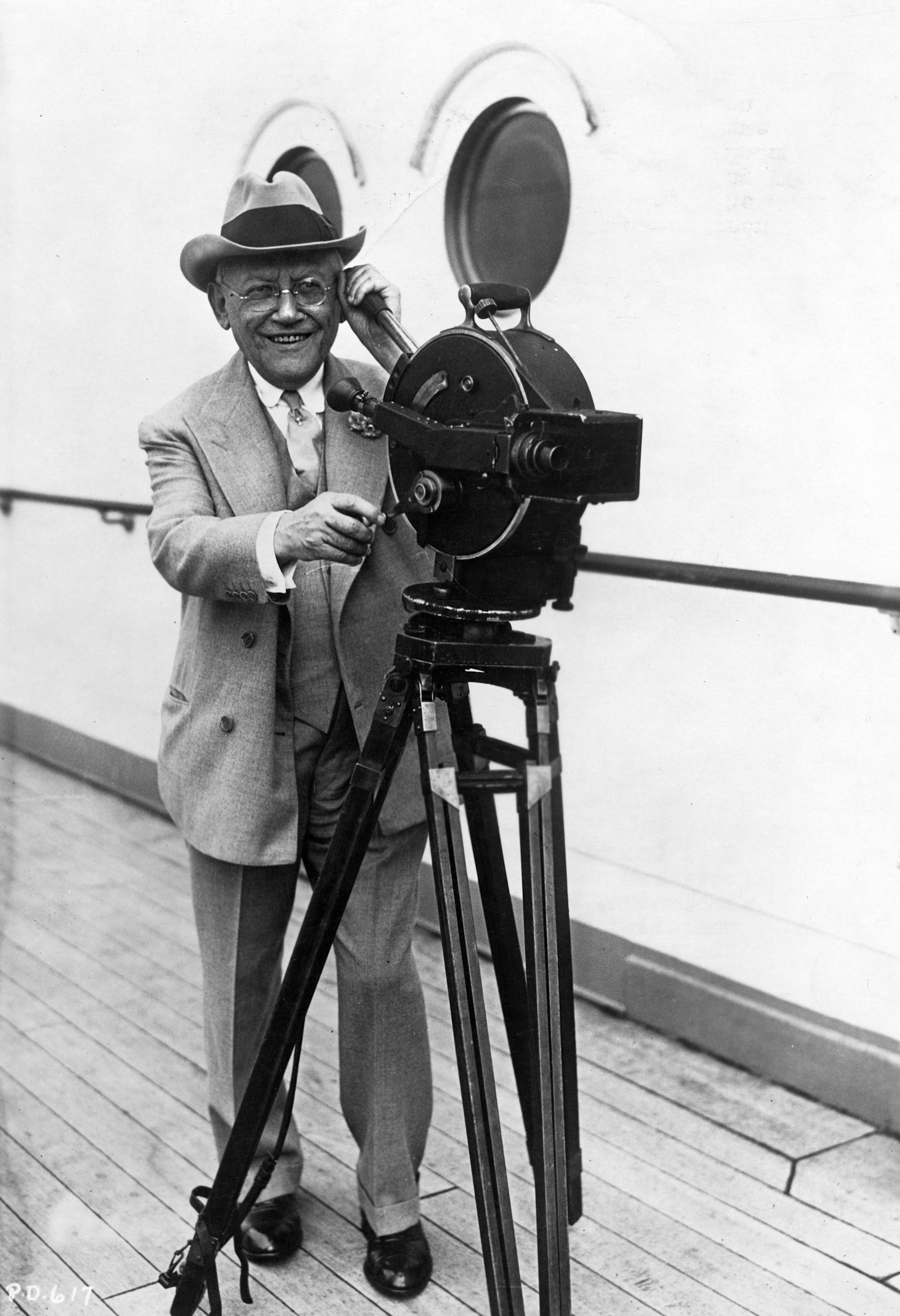
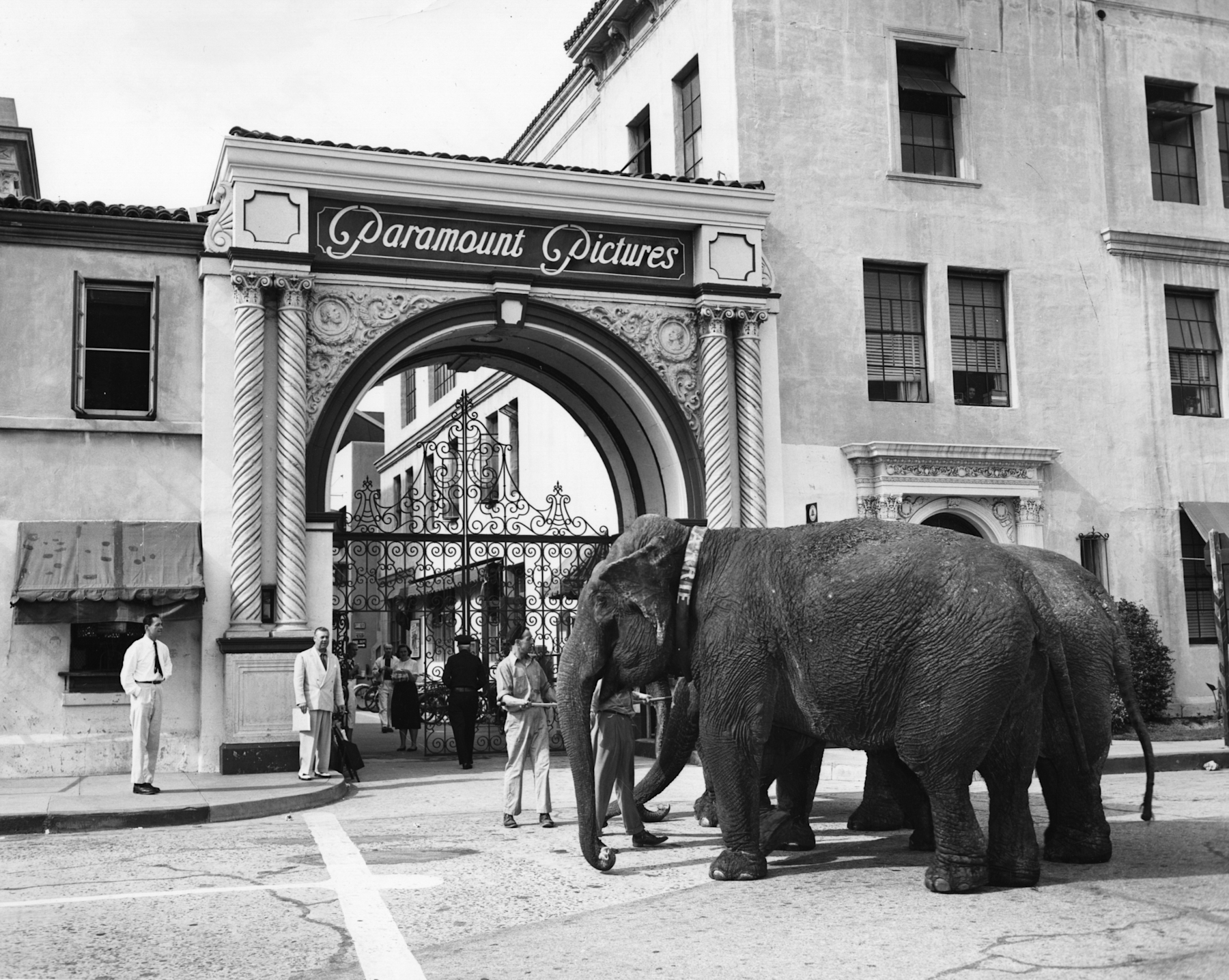
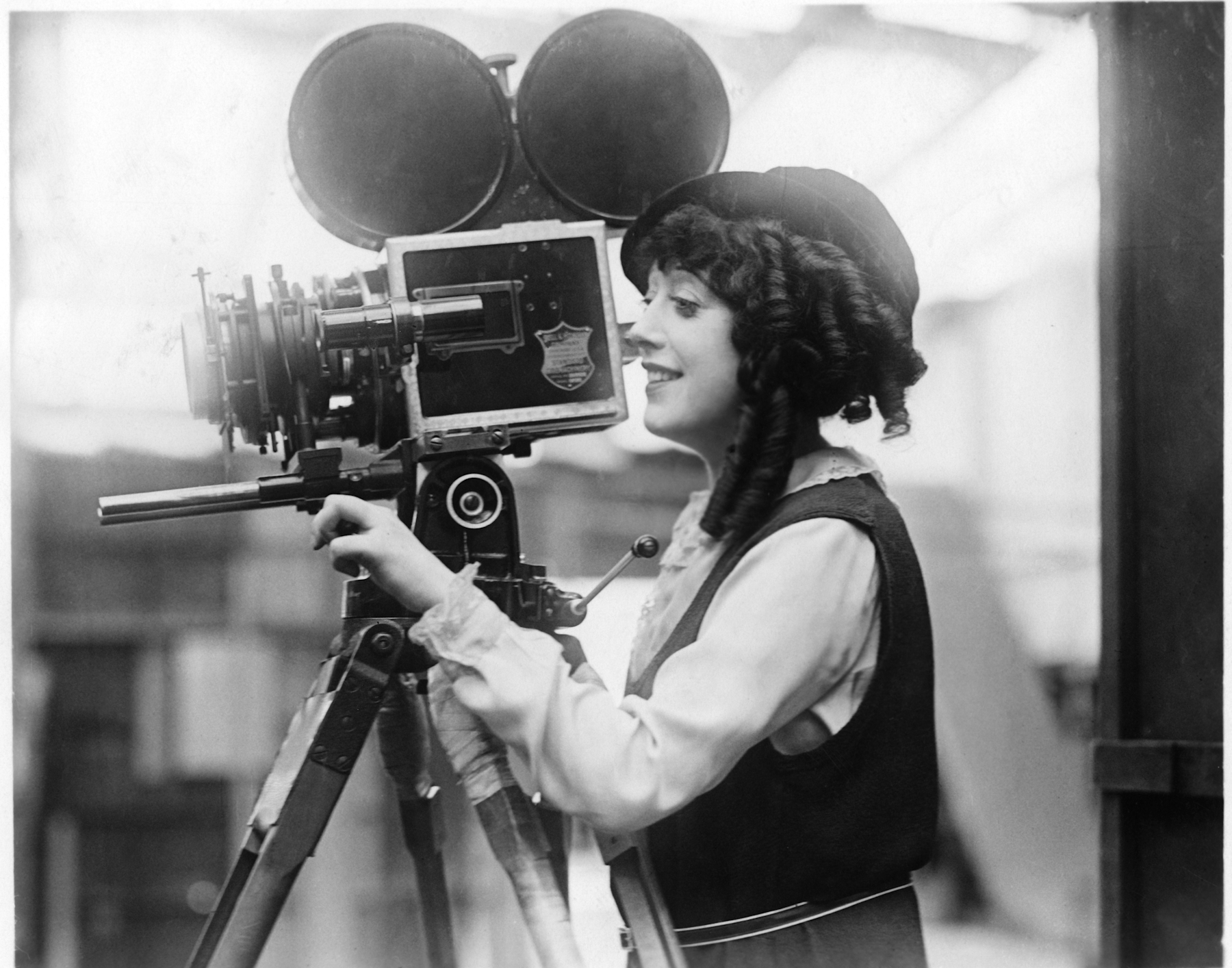
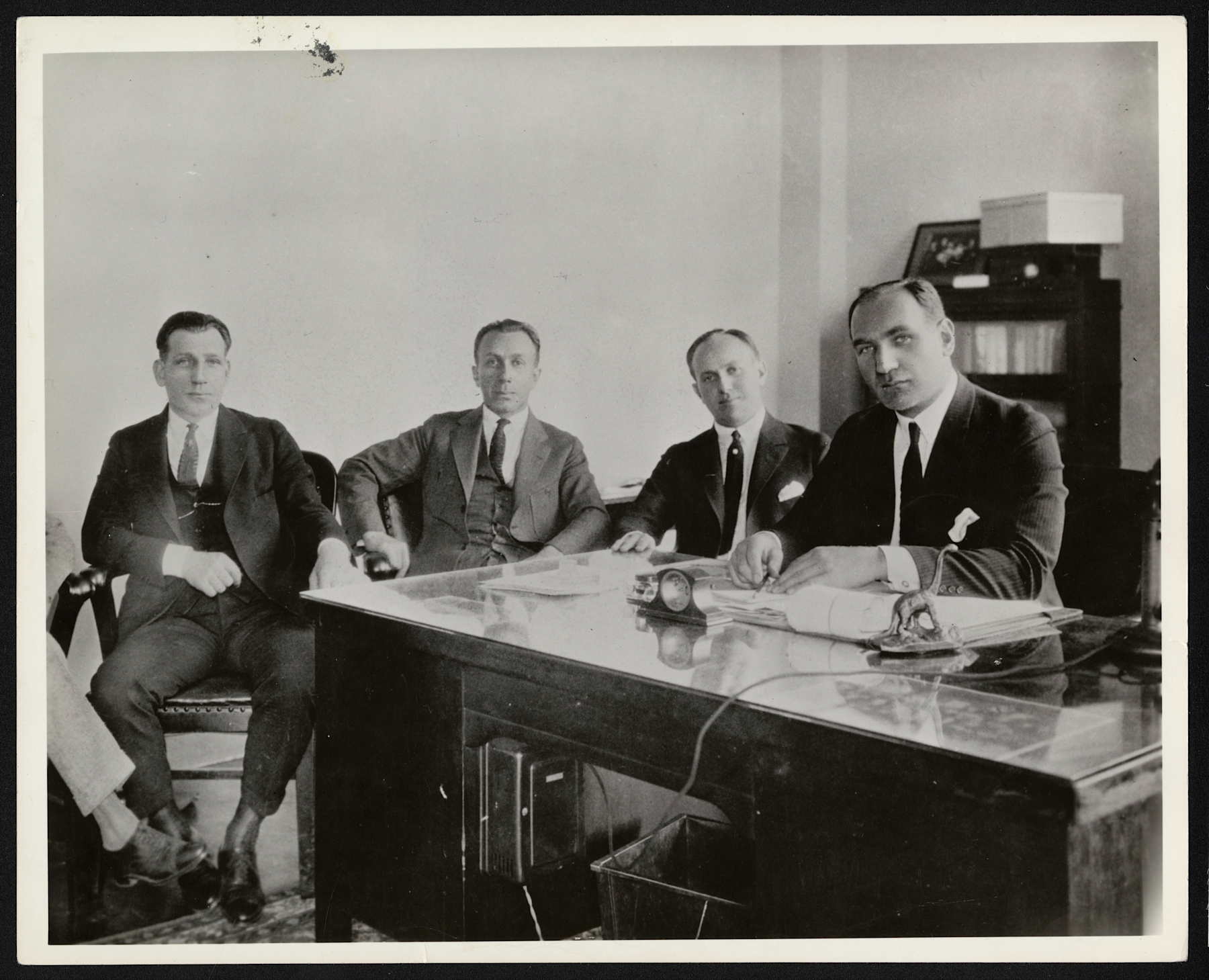
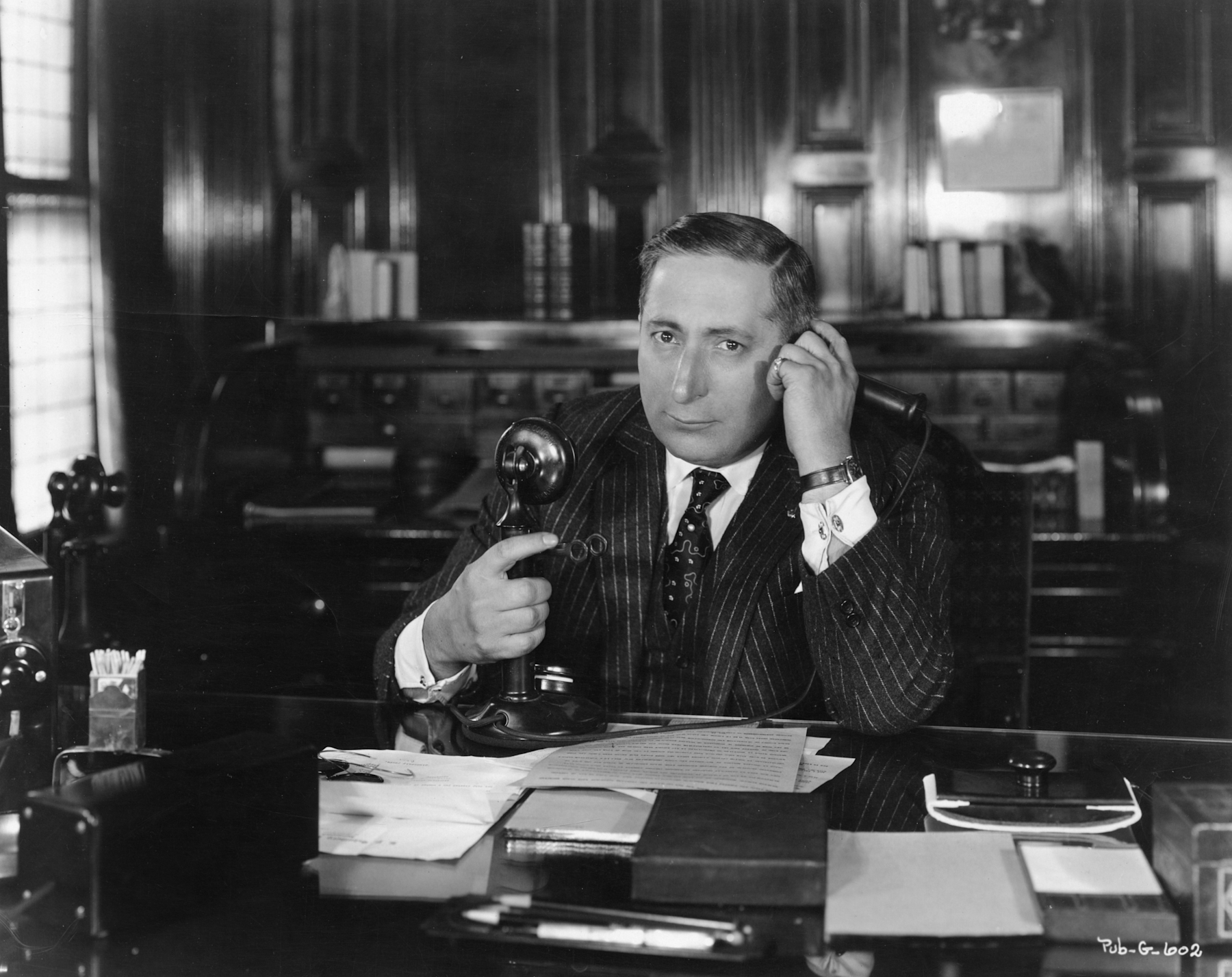
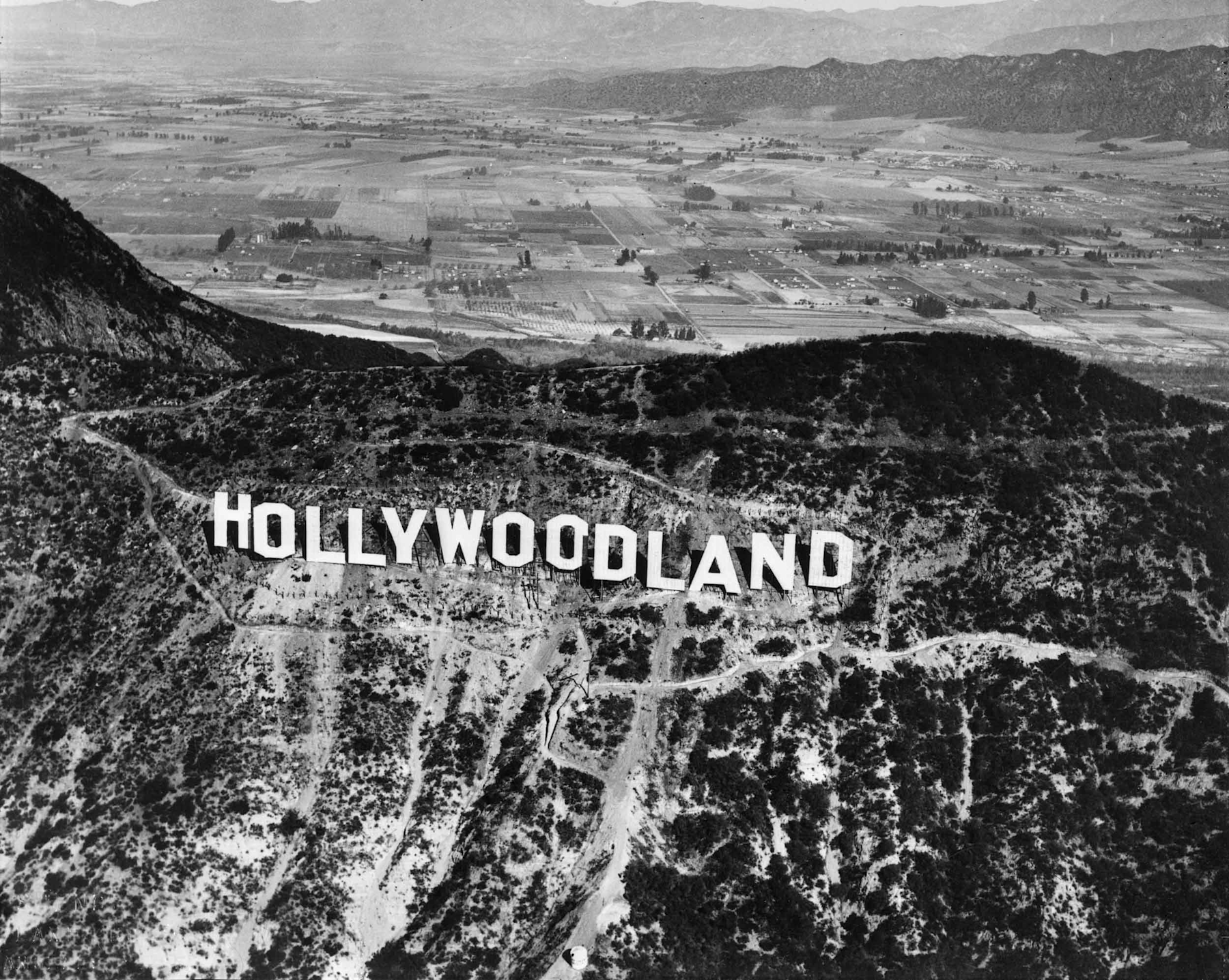
On View: Hollywoodland
Hollywoodland: Jewish Founders and the Making of a Movie Capital_ -the museum's first permanent exhibition-tells the origin story of filmmaking in early 20th-century Los Angeles, spotlighting the impact of the predominantly Jewish filmmakers whose establishment of the American film studio system transformed Los Angeles into a global epicenter of cinema.
Related Events
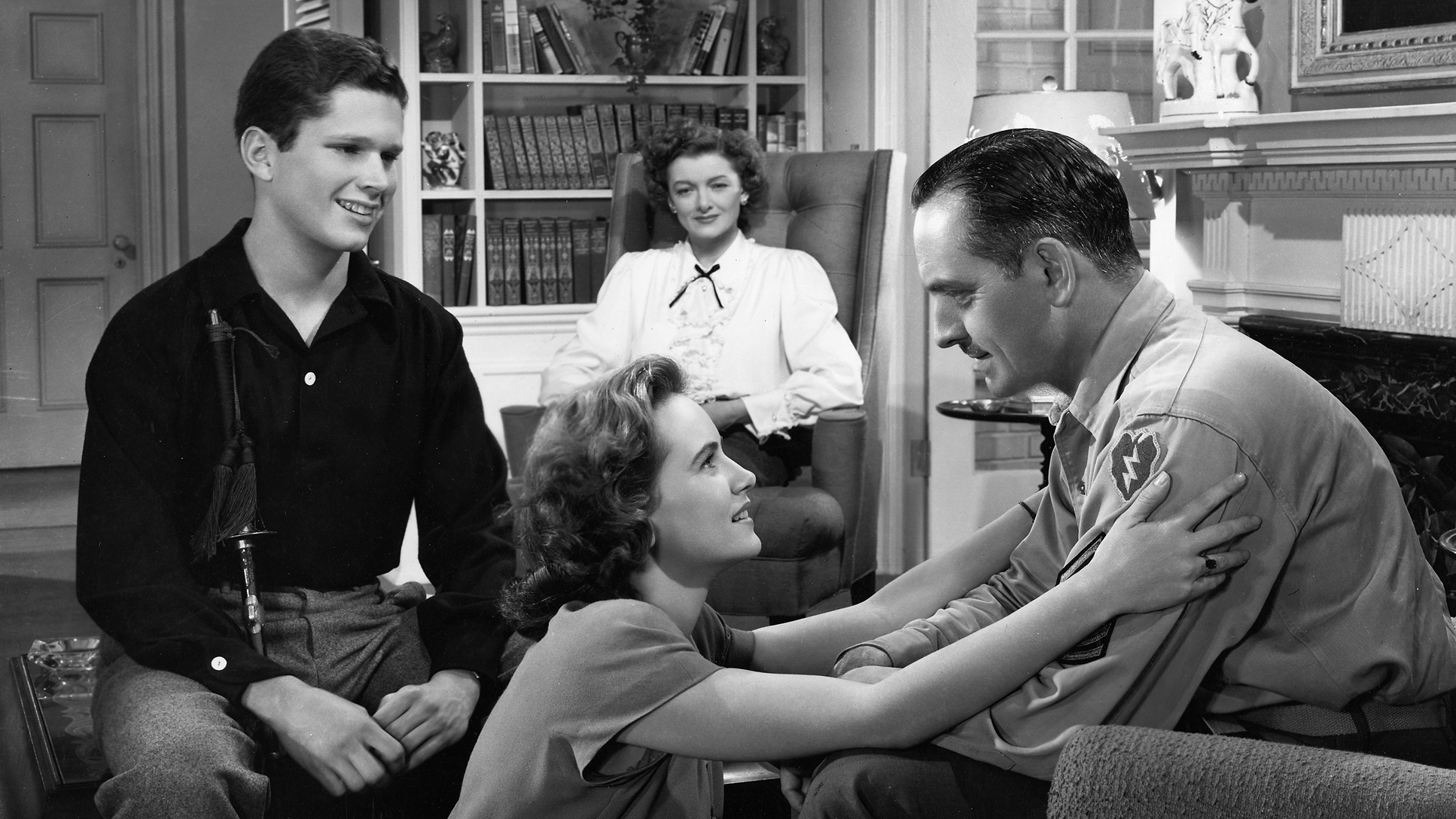
Screenings

Screenings

Screenings
Wings
In 1916, Jewish producers Adolph Zukor and Jesse L. Lasky merged their studios to form the Famous Players–Lasky Corporation, which soon acquired and took the name of its distributor: Paramount Pictures. Zukor was known for challenging runtime restrictions with his long-form narratives drawn from classical sources. Under his watch, Paramount films reflected the sophistication he valued. A groundbreaking romantic war epic, William A. Wellman’s Wings became the first film to win an Oscar, for Outstanding Picture (the category now known as Best Picture), an achievement that helped cement Paramount’s legacy.
DCP
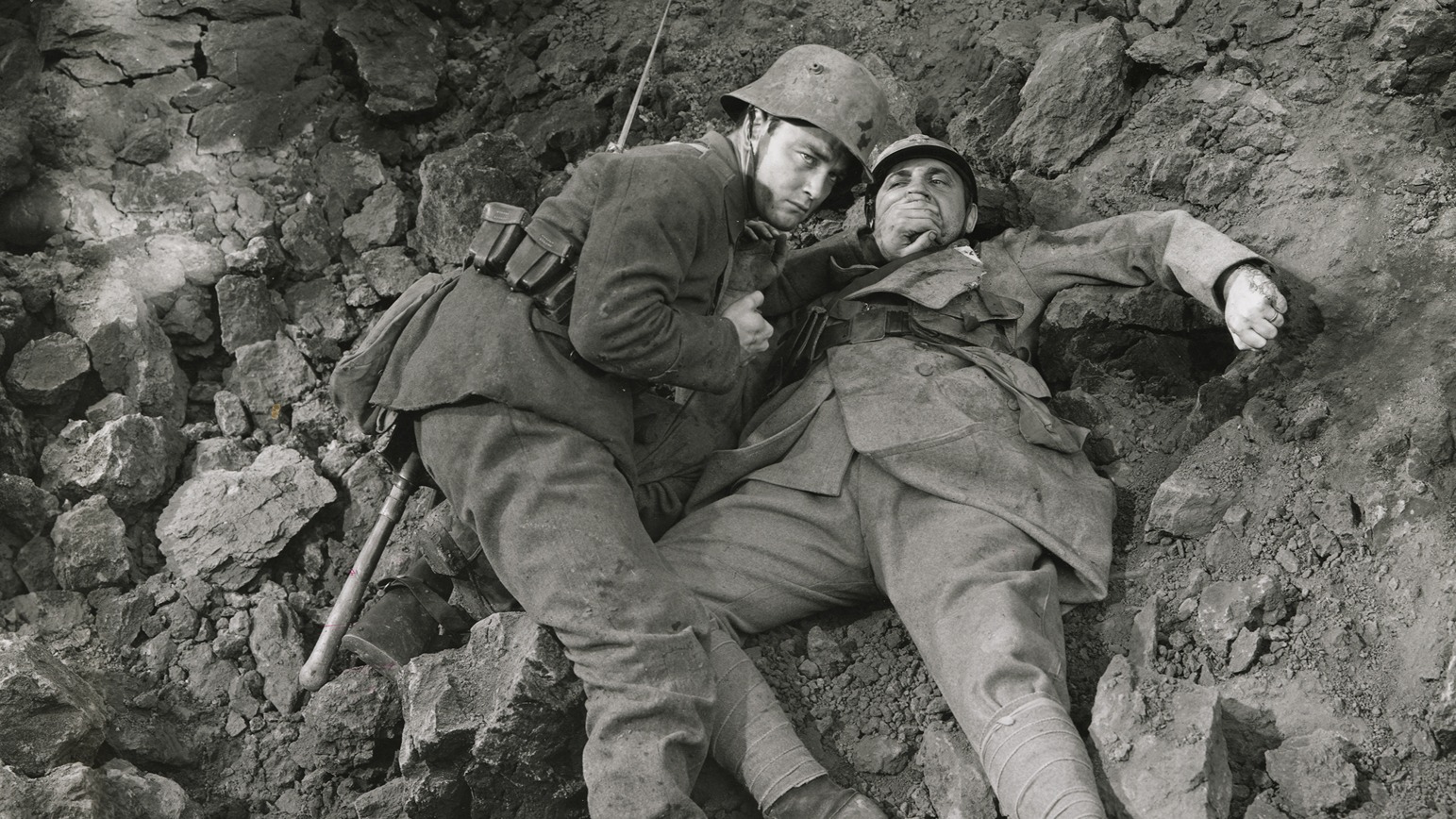
Screenings
All Quiet on the Western Front in 35mm
Jewish, German-born producer Carl Laemmle merged his East Coast–based studio with five others to form Universal in 1912. As president of Universal, Laemmle soon converted a 230-acre San Fernando Valley farm into Universal City, California, the world’s largest filmmaking facility. Shot at this facility as well as around Southern California, this epic adaptation of the 1929 German novel by Erich Maria Remarque offers a staunch and enduring antiwar message through the eyes of German soldiers during World War I.
35mm

Screenings
7th Heaven in 4K
Jewish, Hungarian-born William Fox, enchanted by movies, transitioned from the garment industry to nickelodeons in 1904. He combined his various theaters and distribution companies to form the Fox Film Corporation in 1915. Resolving to create better products for his theater chain, Fox moved his focus to production. Director Frank Borzage’s classic romance 7th Heaven, produced by Fox himself and featuring a synched musical score without spoken dialogue, is widely considered one of the greatest love stories of all time. Janet Gaynor took home the first-ever Best Actress Oscar for her portrayal of a down-on-her-luck woman whose life is saved by an upstanding street cleaner (Charles Farrell). The film also saw wins for Benjamin Glazer for Writing and Borzage for Directing (Dramatic Picture).
4K DCP
Supported By
Hollywoodland: Jewish Founders and the Making of a Movie Capital is made possible by generous gifts from the Blavatnik Family Foundation, Margo and Irwin Winkler, A. Scott Berg and Kevin McCormick, Jeffrey Berg and Denny Luria, the Jules Brenner Trust, Bronni Stein Connolly, Dorchester Collection, William Fox, Jr. Foundation, Adam and Abbe Aron, the Ronald L. Blanc Family, Barbara Roisman Cooper and Martin M. Cooper, the Mark Gordon Family, Hawk and Molly Koch and Family, Peter, Melissa, and Emma Koss, Gail and Warren Lieberfarb, and the Ruderman Family Foundation. Additional support provided by the Los Angeles County Board of Supervisors through the Los Angeles County Department of Arts and Culture and David Berg Foundation. Academy Museum Digital Engagement Platform sponsored by Bloomberg Philanthropies.